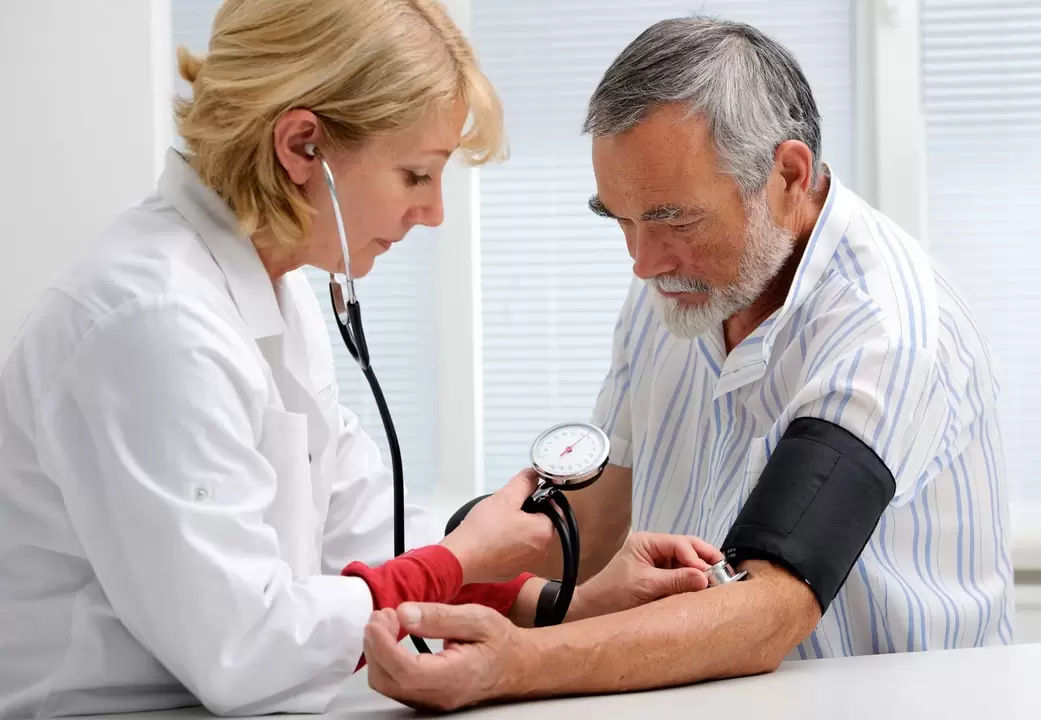
The invisible enemy, or what is high blood pressure?
Why does high blood pressure occur?
- Problems with being overweight;
- thyroid problems;
- Lack of organic substances in the body, including magnesium;
- genetics.
Who comes first?
Why is high blood pressure dangerous?
- loss of vision;
- kidney disease;
- Metabolic syndrome;
- heart attack;
- stroke;
- Erectile dysfunction.
Hidden symptoms of high blood pressure
- nausea;
- Blurred vision: foggy, foggy vision;
- confusion;
- Lethargy and apathy;
- There is noise in the ears.
- increased sweating;
- facial redness and puffiness;
- Swelling in the morning;
- swelling of hands;
- Memory impairment or partial loss.
Stages of Hypertension: When to Sound the Alarm?
Treatment of high blood pressure: in hospital or at home?
- Pressure should always be reduced gradually. A sharp drop may put you at risk for a heart attack;
- How to normalize the condition can only be explained individually for each case by a qualified expert. There is no point in self-medicating;
- You should not stop taking your medication if you feel improved. Must complete courses prescribed by physician;
- You should not adjust your treatment on your own: increasing or decreasing the dose of medication;
- You should not wait for a short-term cure. Hypertension is a disease that cannot be cured or cured in a day.



























